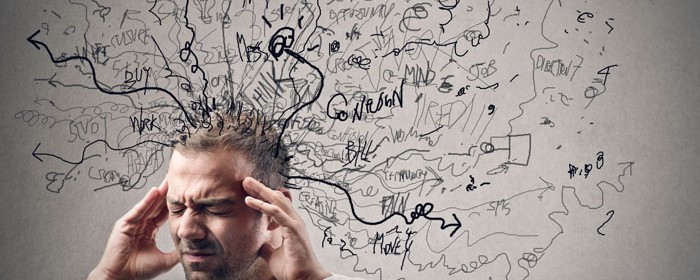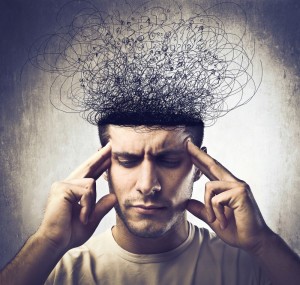Human Dignity & Mental Health

Human dignity as a concept comes from the core principle that every individual has an intrinsic value that should be respected and treated with equality. It is a standard and yardstick that is used to ensure that ethical behaviour is always followed in entirety. Regardless of any attribute an individual may have in life, every individual has a right to be treated with dignity.
This is as true as it is for everyone else, in the case of people who are coping with mental & behavioural health issues. When people are encumbered by issues, it is hard for them to see their own value and dignity – and it is imperative, doubly so, that people around them ensure that they restore the true perspective they should have of themselves.
When we respect the dignity inherent in people around us, we are in a place where we become useful and helpful to those who could benefit from our support.
The Stigma
Most often, misconceptions and ill-informed perspectives tend to adversely affect the way in which people are treated – and this is seen to be the case with people who cope with mental health issues in their lives. When the inherent dignity of an individual is disrespected or insulted, they fail to move out of a place of fear and shame – which makes their treatment and healing difficult. It is this disrespect and disregard of their dignity that is often the cause for the ascription of a stigma, and prevents people from talking about it.
A teenager who might be coping with depression might avoid speaking out about it for fear of what his classmates and peers might think of him. An orthodox family may not be willing to acknowledge that one of their family members has a case of anxiety and needs to seek help – because they don’t want to be seen outside a therapist’s clinic . In fear of what may be ascribed to them, these people may never seek help. And unfortunately, many a times, being discriminated at work and social situations can be a bigger burden than the illness itself. Research indicates the stigmatisation of mental illness as one of the key reasons that many people do not seek professional help when they are experiencing mental health difficulties.
mindnutritionbody.com
How can we be more supportive?
As individuals we all can help create a society where such problems are not hidden in shame and secrecy. You can ensure your friend or relative is not afraid to speak out about their problems, or is left wondering where they can turn for help. Studies have showed that there are many ways in which dignity may be promoted by simply providing more attention to people with mental & behavioural health issues.
Here are some useful tips you can adopt to handle and treat people with mental health issues with dignity:
Be open to Communicate: If someone comes to you to talk, try not to brush them off. Allow the care seeker to know that they can trust you and can speak to you, and that they will not be treated differently or discriminated because of what they are going through. If you know someone has been unwell, don’t be afraid to ask how they are. They might want to talk about it, they might not. But just letting them know they don’t have to avoid the issue with you is helpful.
Educate Yourself: If you think you might feel awkward or uncomfortable asking them about mental illness, read up and learn more about it. Join online groups, forums, social groups and online communities to help find out as much as you can, and to find a community of supporters on what care seekers and care givers require. Some groups include our community on SeekSpark.
Help them Seek Help: Most often people might worry about appearing weak if they seek counselling or many a times they might not realise they are sick. While you might not be an expert, you can encourage the person to seek help. Do not worry that you are interfering with their lives rather treat this as an opportunity you’ve got to improve someone’s life.
Picture Courtesy :unifiedstream.com
Article Courtesy: Seekspark


